Open the drain-off valve to let the water out. Wait for the water to stop coming out of the hose. Vent the radiator on the highest floor by opening the bleed valve screws. Wait for the water to stop coming out of the hose. Close the drain off valve. Add the leak sealer to a radiator on that same floor.. That allows water to leak very slightly into the valve head, but it then simply evaporates as it does so, so no tell tale drips on the floor. Multiply that by 15 and it's game over. Taking the heads off the lockshield valves may show evidence e.g. corrosion and green oxide sat around the valve stem.

Most Efficient Way To Run A Central Heating System Sometimes, especially in the depths of winter
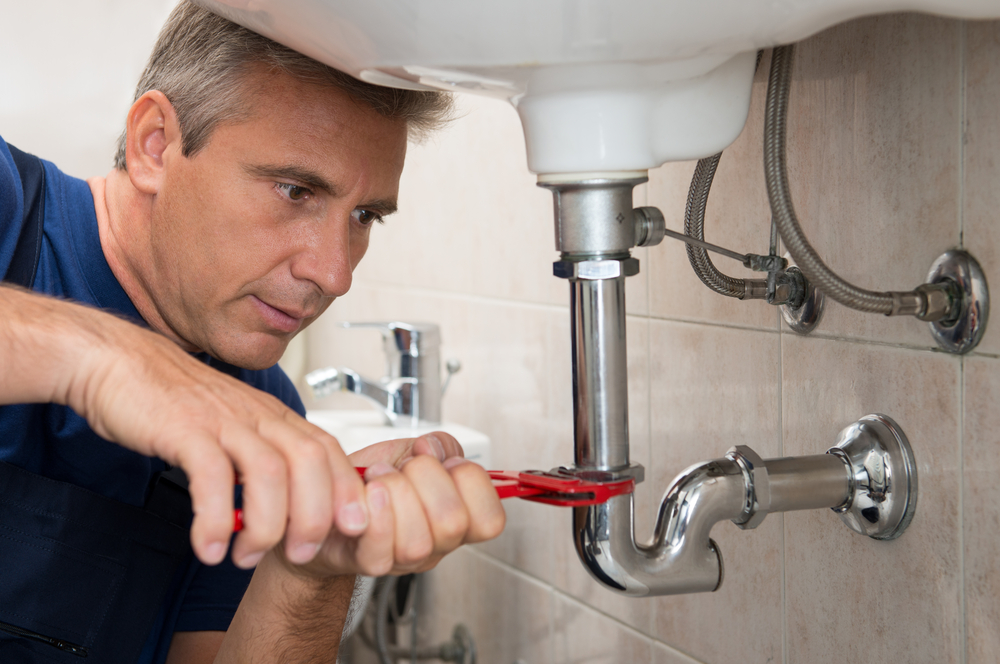
Why You Shouldn’t Repair a Leak Yourself Cheshire Plumbers Cheshire Plumbers

Central Heating

Replace Central Heating System / If it hold pressure at 4 bar, then it is fine for a sealed or

Central Heating YouTube

Central Heating System Part 3 YouTube

Central Heating System Part 4 YouTube

Central Heating Bournemouth's Boiler & Heating Experts GWE

Central heating online presentation
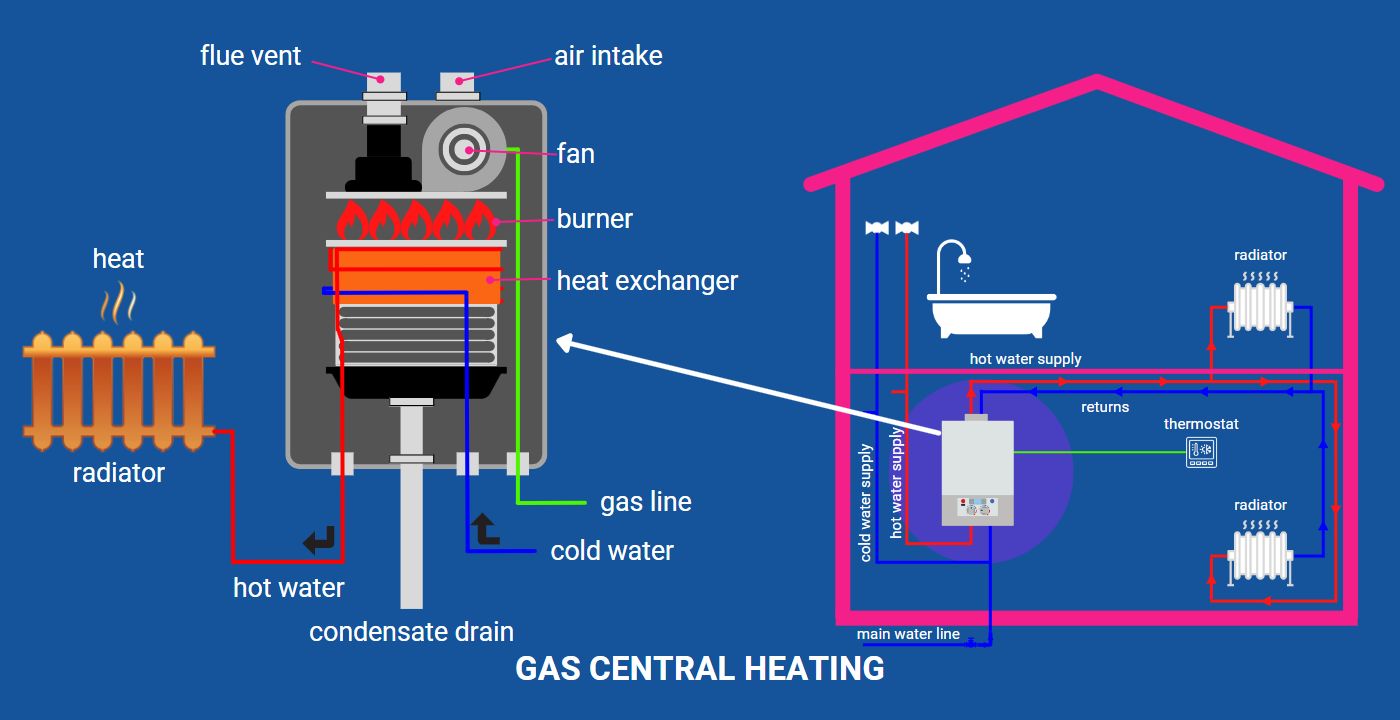
How Does Gas Heating Work? Boiler Choice
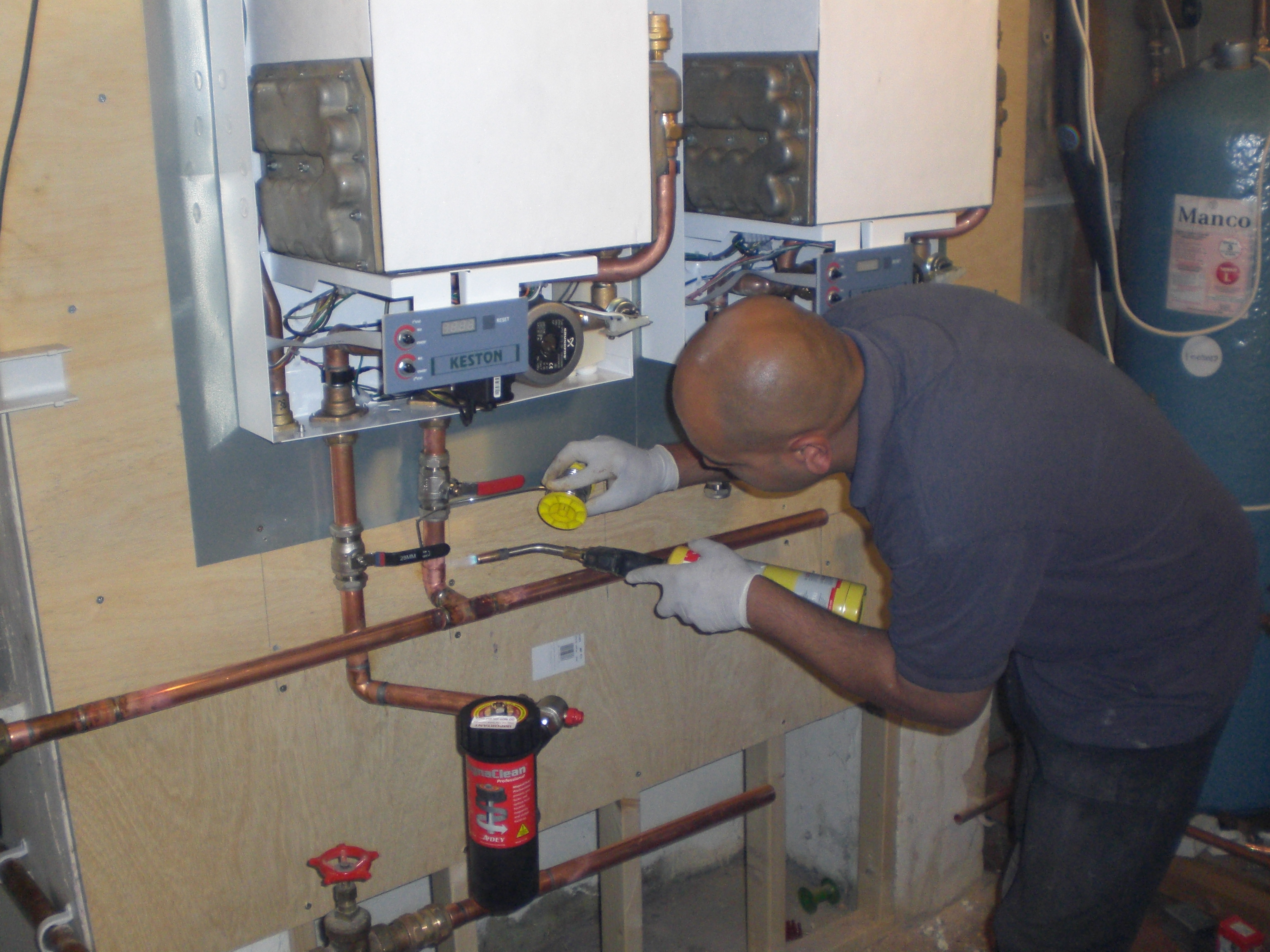
Types Of Central Heating SystemCentral Heating Uxbridge
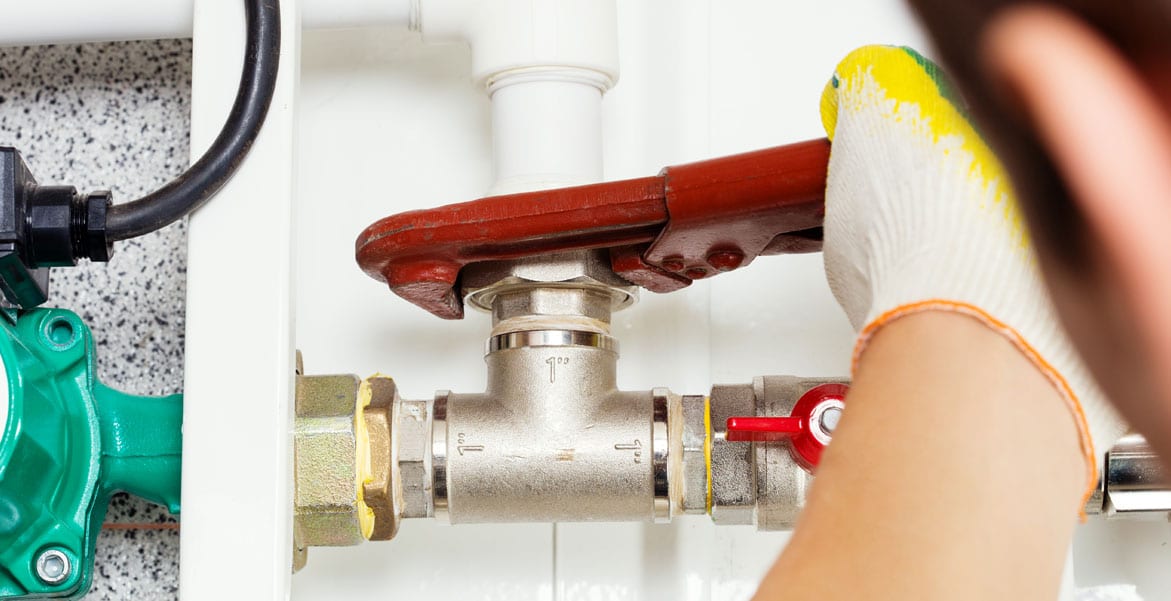
Slow Leak In Central Heating System Lonsdale Plumbing

Draining a central heating system what you need to know Creative Home Design
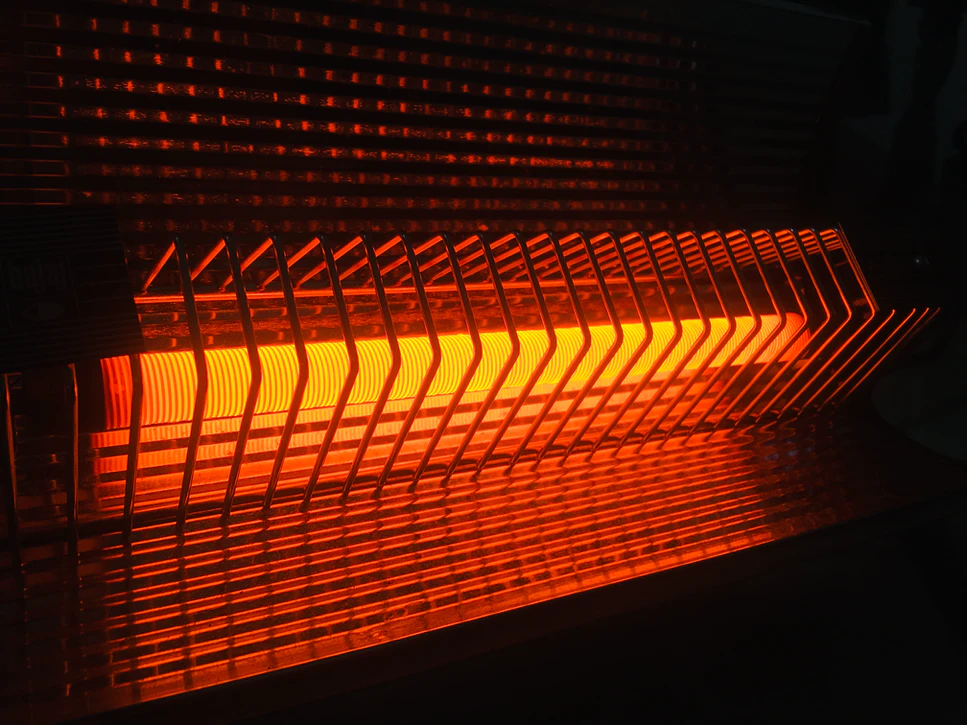
Baby It’s Cold….in Here? Understanding China’s Central Heating System Divide the Beijinger
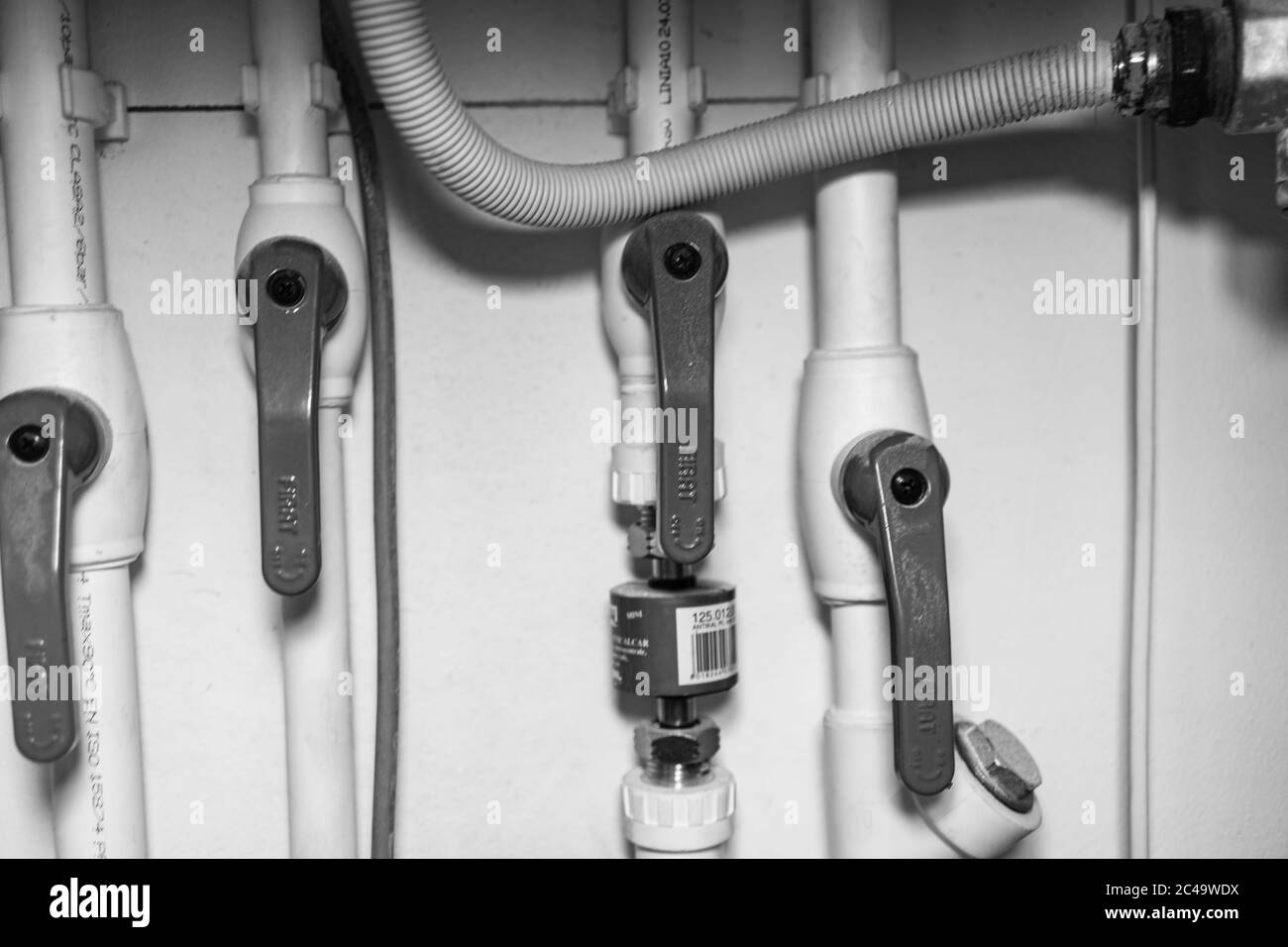
Central heating system. Central heating pipes. Bucharest, Romania, 2020 Stock Photo Alamy
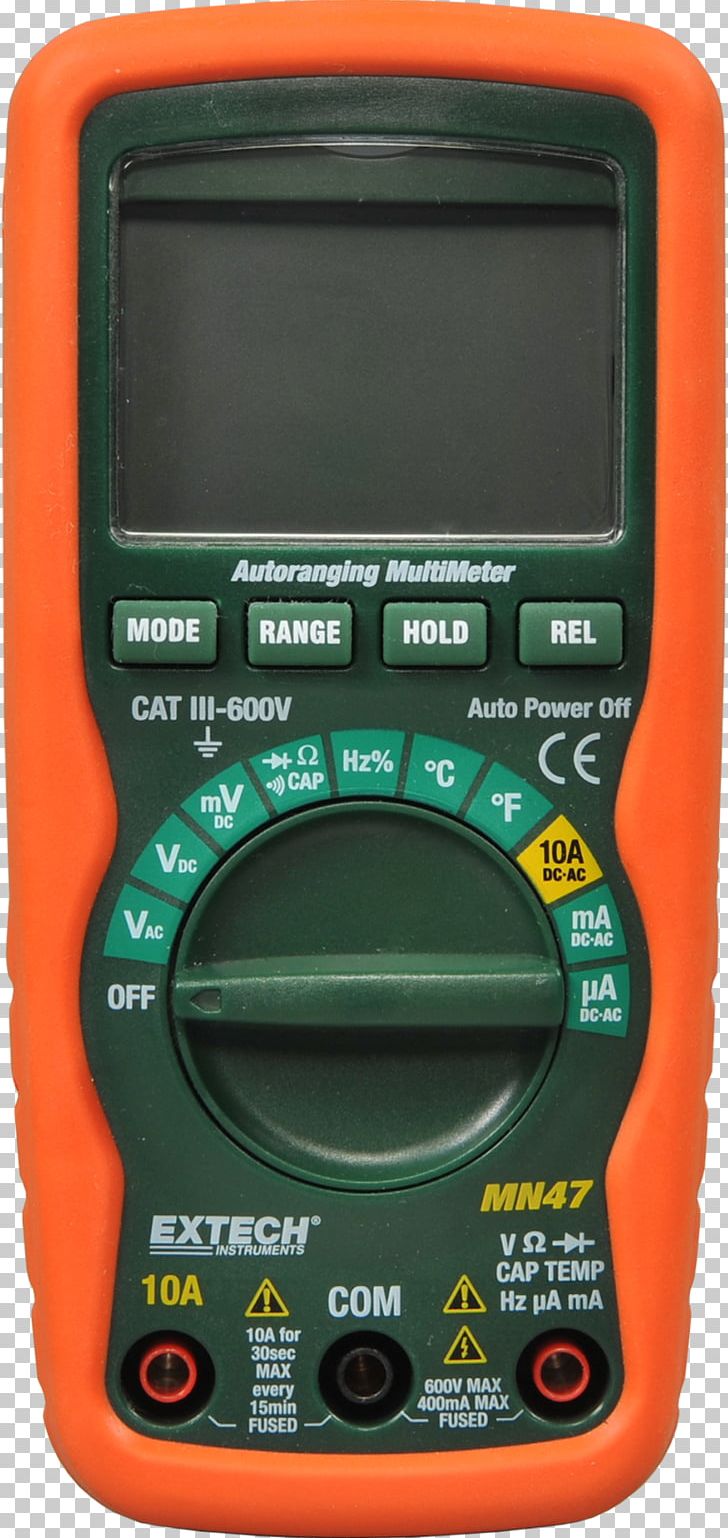
Training System Electricity HVAC Central Heating PNG, Clipart, Building, Central Heating
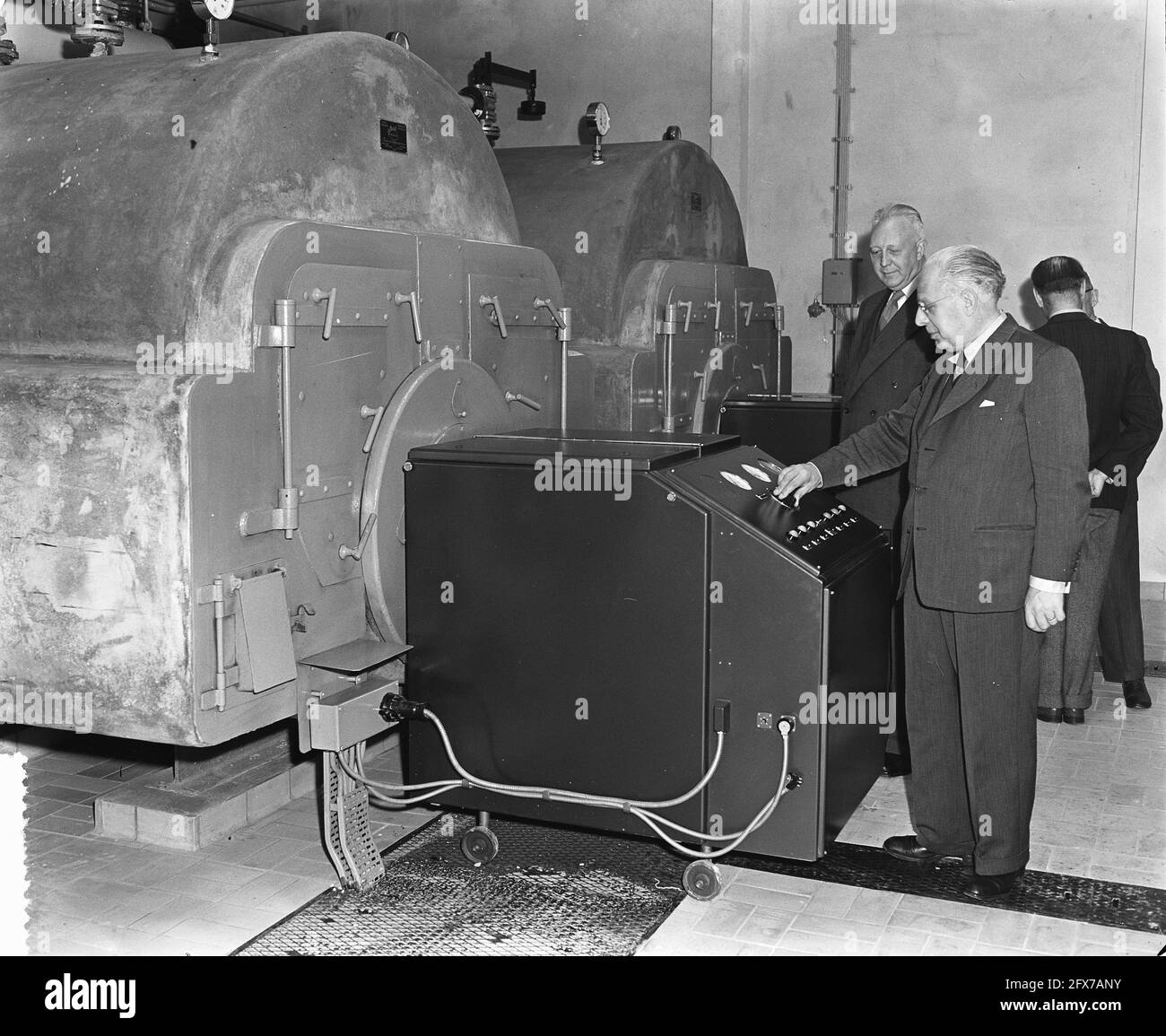
Commissioning new central heating system hires stock photography and images Alamy

Central Heating System Cleaning Best Practices Warma UK
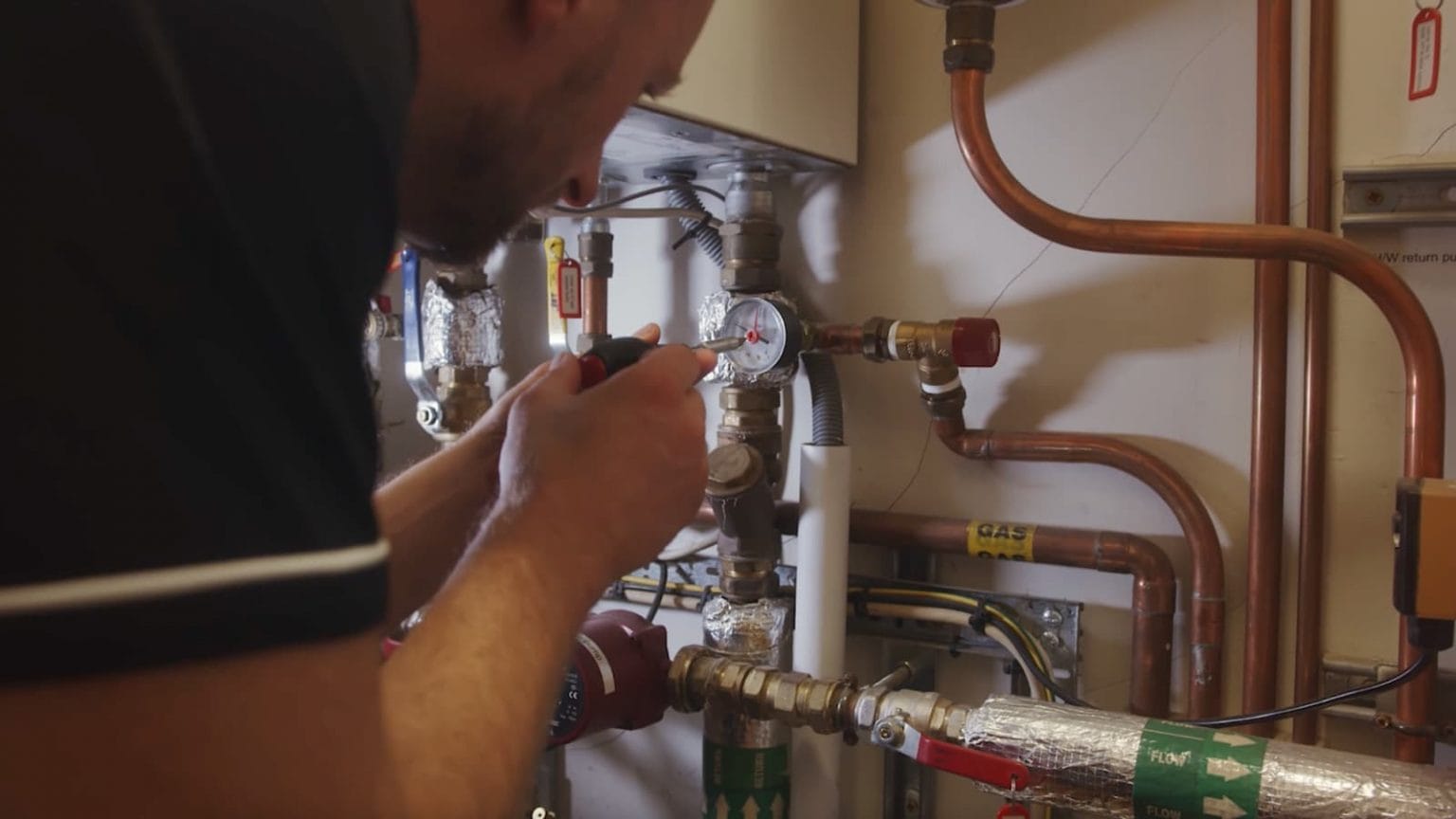
Central Heating Leak Detection Half Hour Rates Help Made Easy
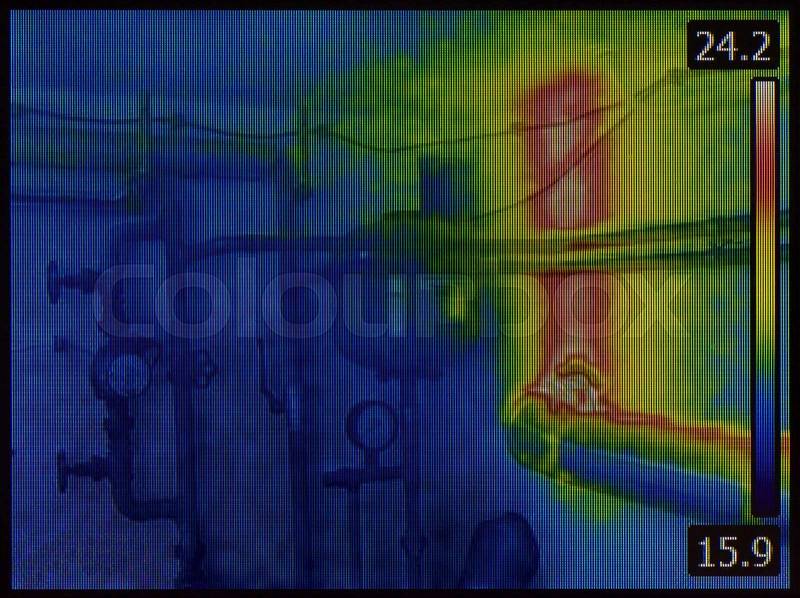
Central heating system Images Search Images on Everypixel
Central heating systems have been in use now for decades. For the most part, such systems work flawlessly for many years, both commercial and residential versions. However, when heating deficiencies are observed, a loss in water pressure could be caused by a leak in or around the boiler of the water heater or heat exchanger.. Using leak sealer. If you can't find a leak anywhere in the house, use leak sealer. It can work really well to stop small leaks in the central heating system including pipes, joints and radiators. A leak sealer is a type of liquid that circulates around the central heating system until it finds the source of a leak, whether in the pipes.